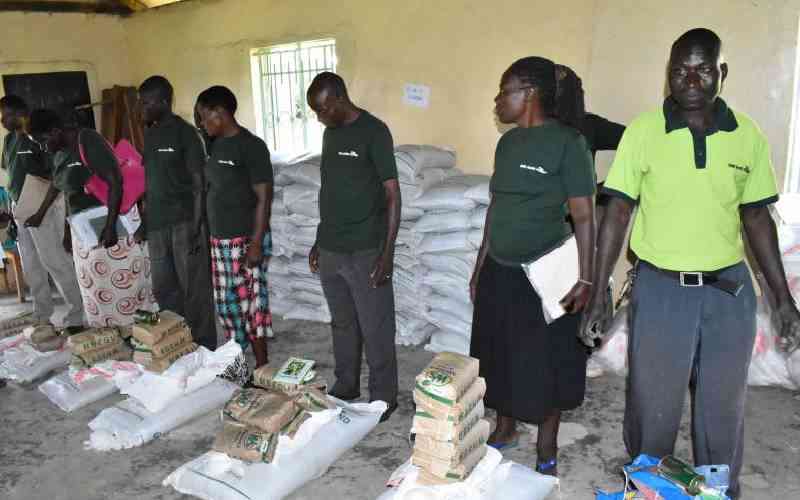×
The Standard e-Paper
Stay Informed, Even Offline

The default rate on insurance-backed loans across the country is 60 per cent lower than on non-insured loans, a new report has revealed.
The report by Turaco in partnership with One Acre Fund shows that embedding insurance into loans boosts financial resiliency and improves healthcare access for the unbanked population while simultaneously de-risking lending portfolios.